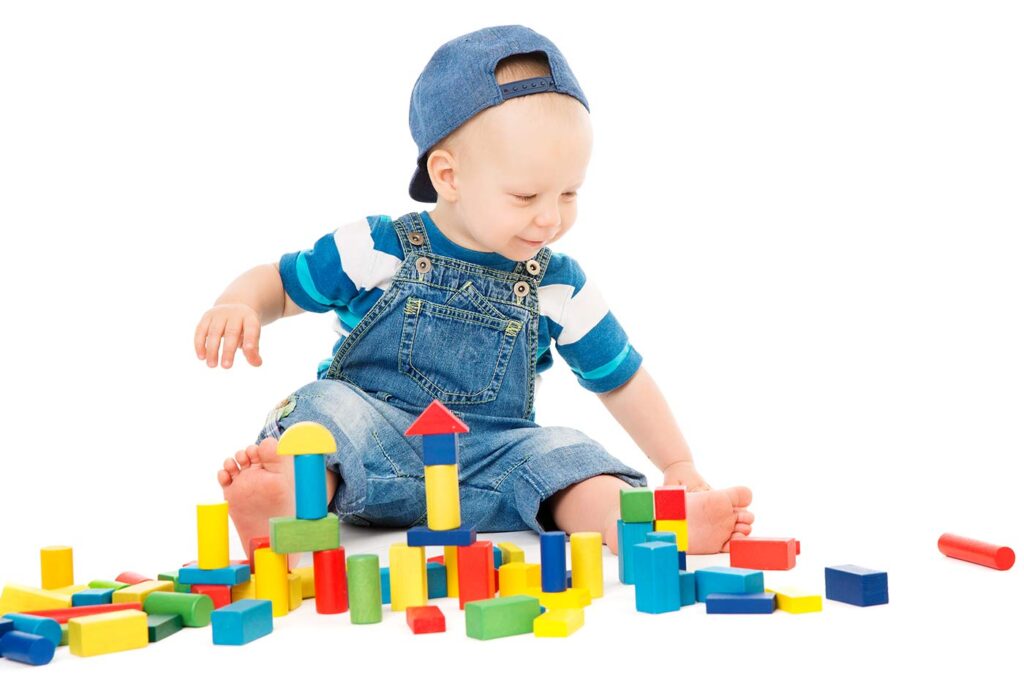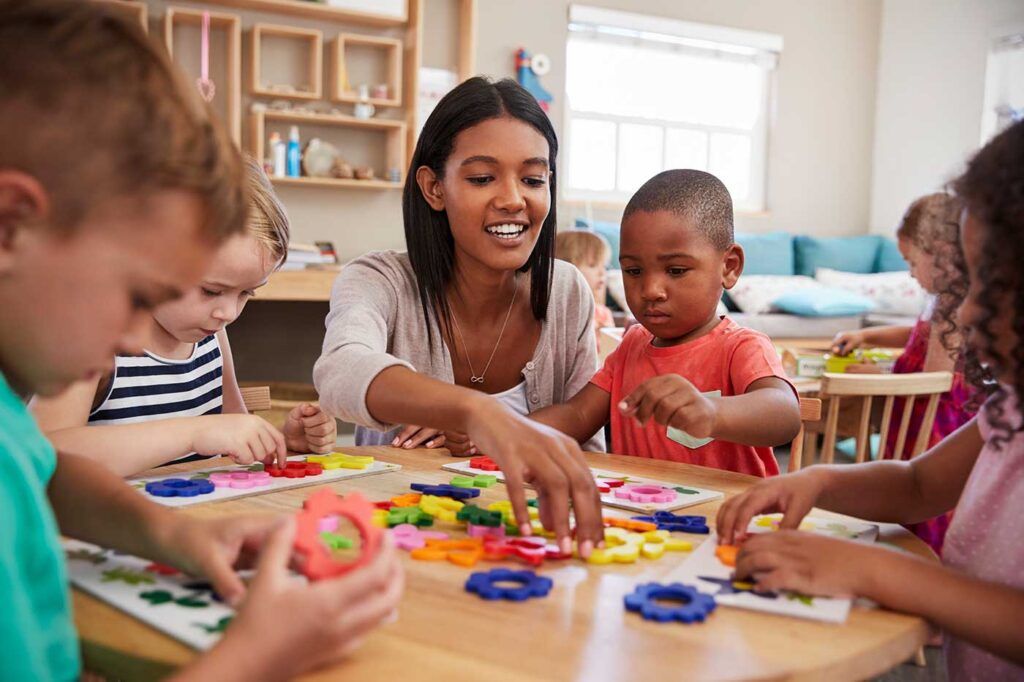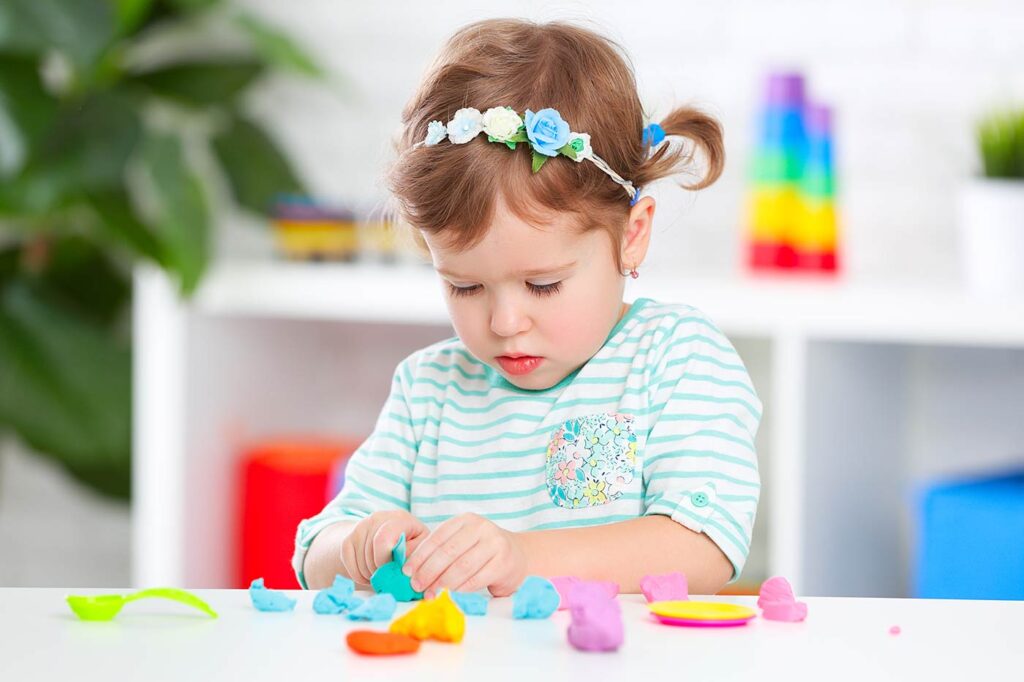
Hi, I’m Nina Garcia!
Welcome to Sleeping Should Be Easy. My goal is to provide overwhelmed parents with helpful and encouraging tips and advice to enjoy and thrive parenthood. I’m glad you’re here!

Hi, I’m Nina Garcia!
Welcome to Sleeping Should Be Easy. My goal is to provide overwhelmed parents with helpful and encouraging tips and advice to enjoy and thrive parenthood. I’m glad you’re here!

Struggling with putting your baby to sleep and wish he could learn to sleep through the night? Join my newsletter and discover the 5 mistakes that are keeping your baby from self soothing!
Whether you’ve tried sleep training in the past or are just now considering it, take a look at the 5 key mistakes to avoid. No more sleep deprivation, friend! Grab your free PDF below—at no cost to you:

Get sample worksheets
Struggling with helping your child recognize letters and numbers? Want to encourage her to read and write the alphabet?
Get sample worksheets of my printable workbook, Letters and Numbers—at no cost to you! Now you can print as many sheets and practice certain letters and numbers as often as your child needs. Join my newsletter and grab your worksheets below:

Better Parenting Challenge
Free email challenge: Looking for actionable steps and quick wins in parenting? The Better Parenting 5-Day Challenge is for parents who know they want to improve but need that little nudge and supportive guidance to do so.
Over the course of 5 days, we’ll tackle one actionable tip you can implement right away that can change the way you raise your child. This is your chance to challenge yourself and make the changes you’ve always wanted to make. Join my newsletter and sign up today!

Motherhood Motivation
Feeling stuck in motherhood? Want to enjoy raising your kids again? Sign up for the Motherhood Motivation 5-Day Challenge! You’ll get one actionable tip a day that will make you think (and act) about motherhood differently.
Join thousands of parents who’ve signed up for my newsletter and join the challenge below—at no cost to you.

































